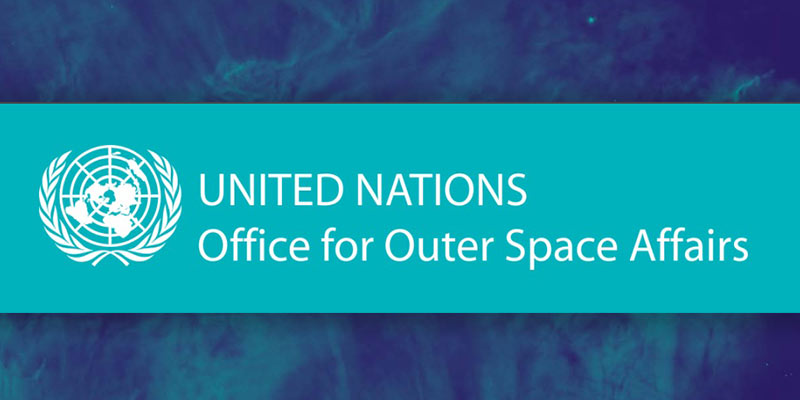- World
- Jun 28
Explainer - What is the role of UNOOSA?
UN Secretary-General Antonio Guterres has appointed Indian-origin British satellite industry expert Aarti Holla-Maini as director of the United Nations Office for Outer Space Affairs (UNOOSA) in Vienna.
Aarti, who has roots in Punjab, will succeed Simonetta Di Pippo of Italy.
Holla-Maini brings to this position over 25 years of professional experience in the space sector including in managerial and advocacy functions.
What is the role of UNOOSA?
• The United Nations Office for Outer Space Affairs (UNOOSA) was initially created as a small expert unit within the United Nations Secretariat to service the ad hoc Committee on the Peaceful Uses of Outer Space, established by the General Assembly in December 1958.
• It is the only United Nations entity dedicated exclusively to outer space affairs.
• The Office focuses specifically on the peaceful uses of outer space to advance international cooperation in space and the use of space science and technology for sustainable development, particularly for the benefit of developing countries.
• The Office serves as the secretariat to the Committee on the Peaceful Uses of Outer Space (COPUOS) through which an annual multi-stakeholder dialogue on outer space is held with the aim of advancing these objectives.
• The Committee has two subsidiary bodies: the Scientific and Technical Subcommittee (STSC) and the Legal Subcommittee (LSC), both established in 1961.
• COPUOS reports to the Fourth Committee of the General Assembly, which adopts an annual resolution on international cooperation in the peaceful uses of outer space.
• UNOOSA helps countries enhance their capacity to develop national legislation in line with international space law. This work is done through outreach efforts, consultations and dedicated capacity development activities, including the Space Law for New Space Actors project.
• Advocating for and fostering responsible conduct of space operations is of particular importance in these dynamic times.
• UNOOSA discharges the responsibilities of the Secretary-General under international space law, including maintaining the United Nations Register of Objects Launched into Outer Space, first created in 1961 at the request of Member States. The Register is the only treaty-based transparency and confidence-building mechanism that identifies the State responsible for a space object.
• Through the United Nations Platform for Space-based Information for Disaster Management and Emergency Response (UN-SPIDER) programme, UNOOSA helps countries use space data and technologies, such as satellite imagery, to reduce disaster risks and support the full disaster cycle.
• UNOOSA is the Executive Secretariat of the International Committee on GNSS (ICG), which brings together all global navigation satellite system (GNSS) providers to work together on improving their technology, compatibility and uses for sustainable development.
• UNOOSA is secretariat to the Space Mission Planning Advisory Group (SMPAG), which works with space agencies worldwide on planetary defence.
• It also cooperates with the International Asteroid Warning Network (IAWN) in strengthening international coordination and cooperation in case of Near-Earth Object (NEO) impact hazards.
• UNOOSA leads the Inter-Agency Meeting on Outer Space Activities (UN-Space) in its work on the examination of how space science and technology and their applications could contribute to the SDGs.
Manorama Yearbook app is now available on Google Play Store and iOS App Store

